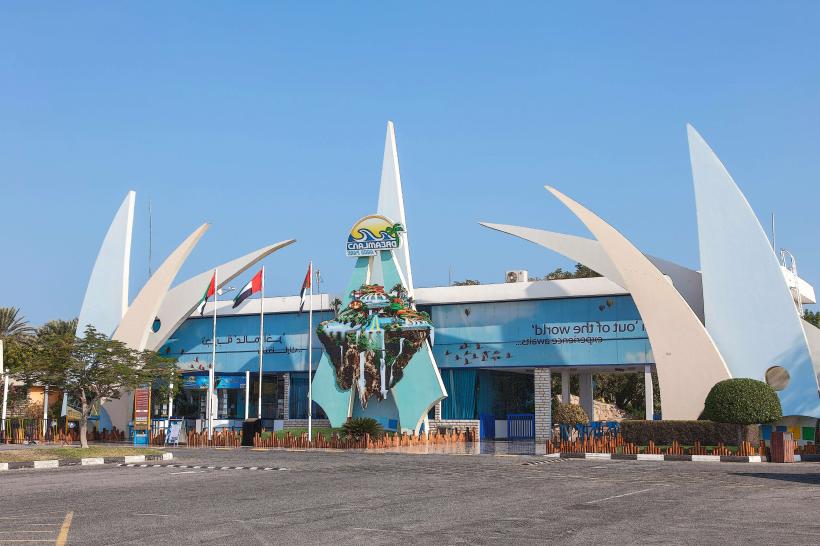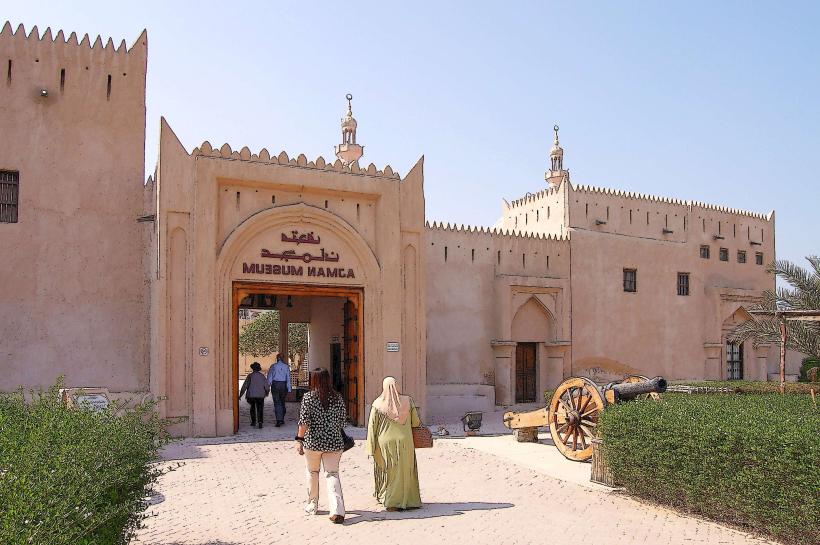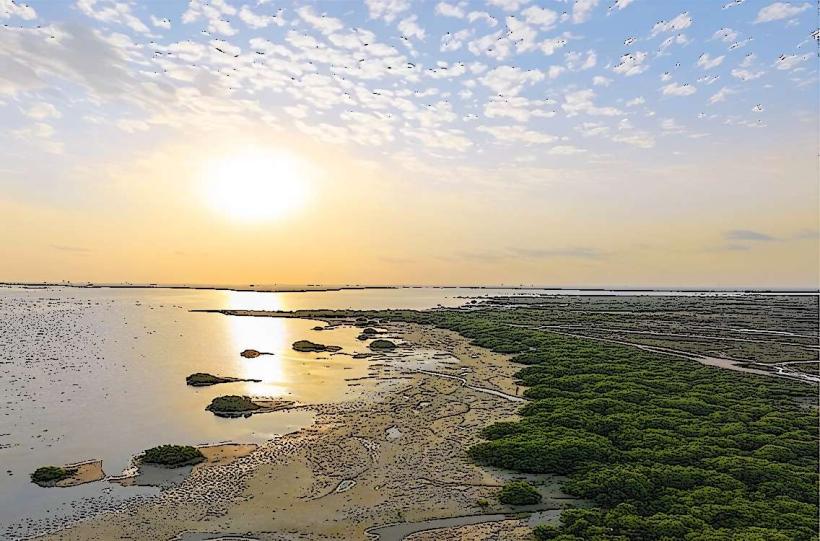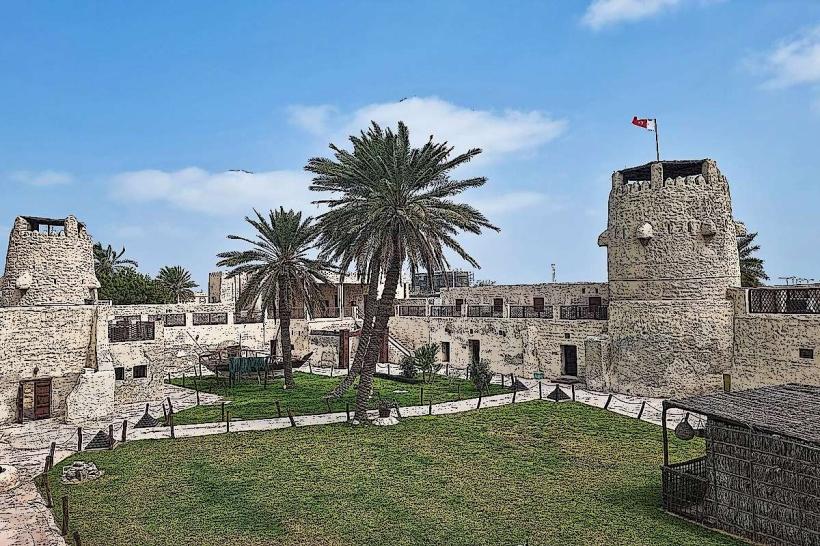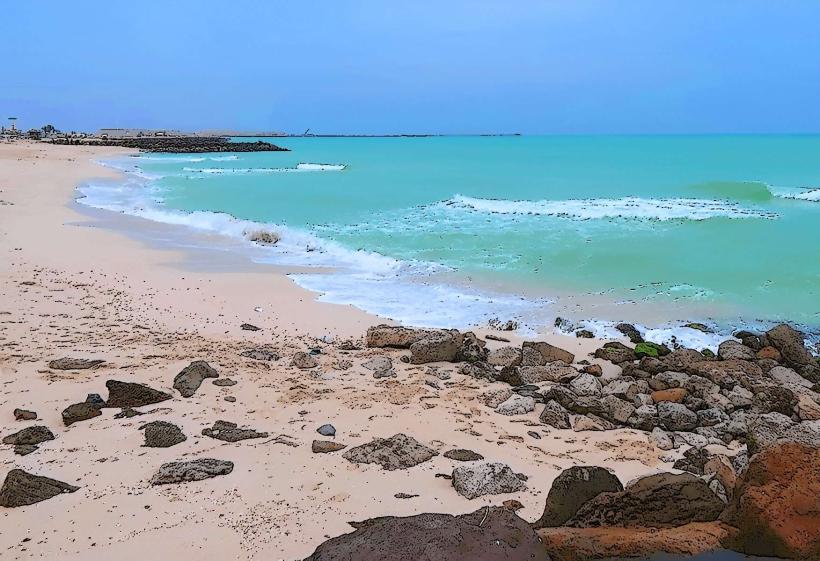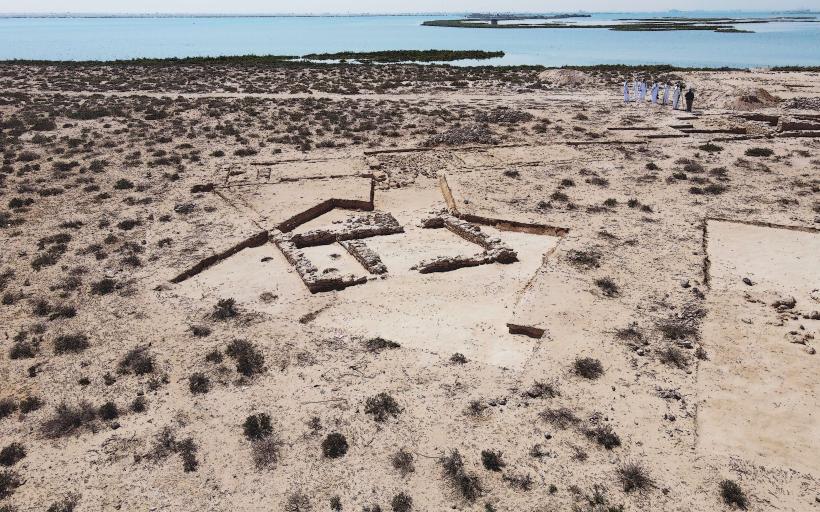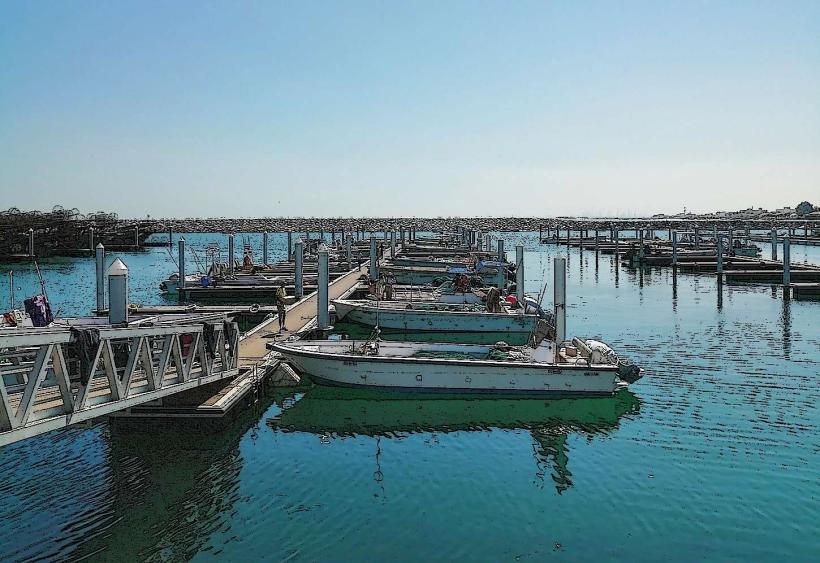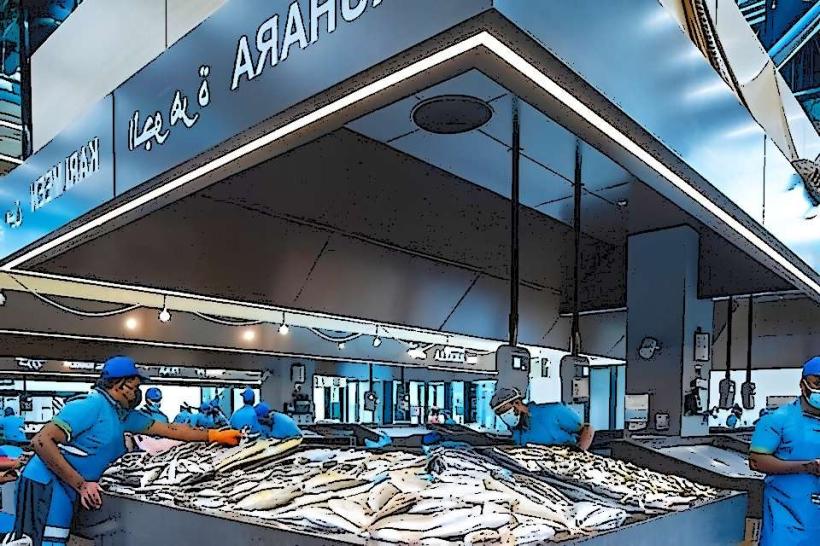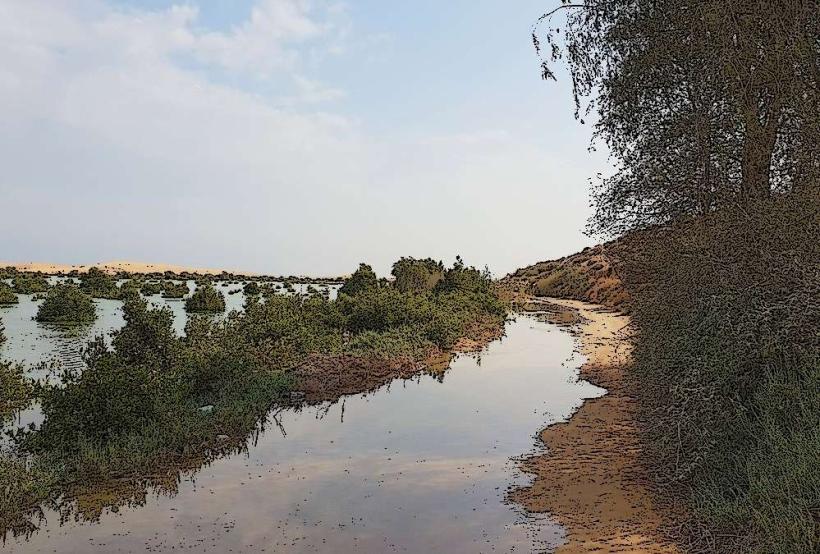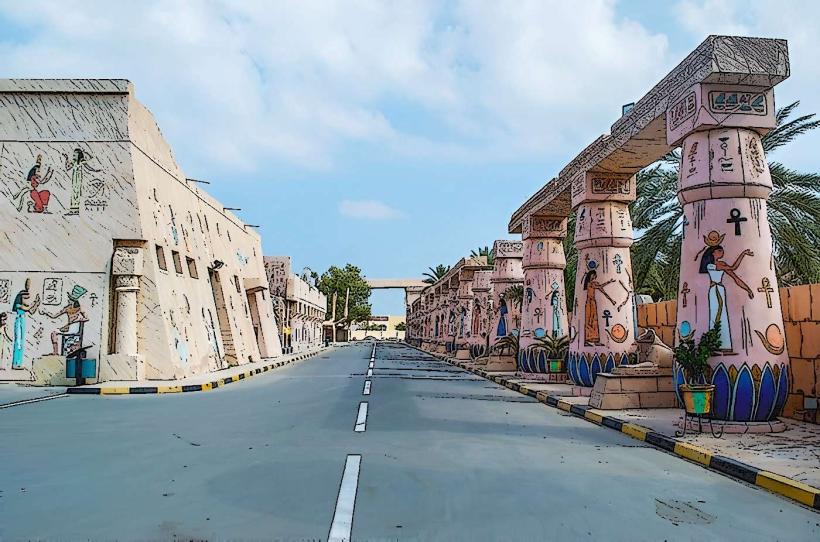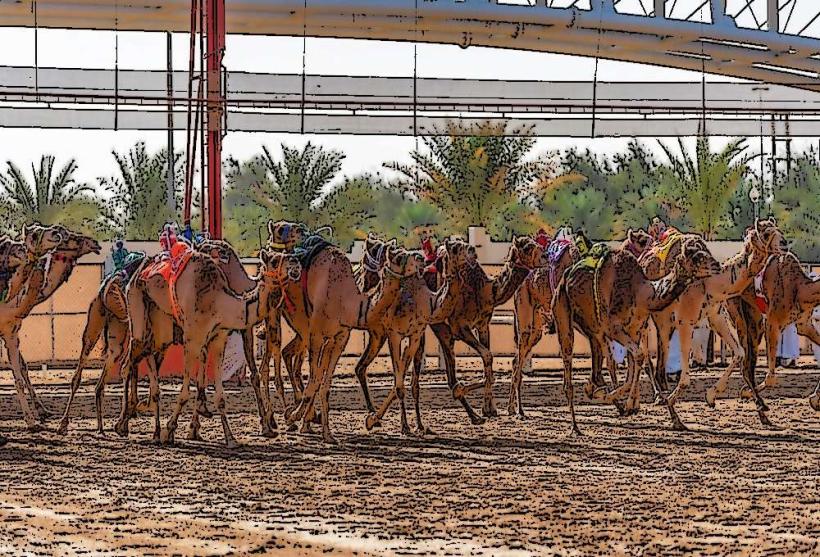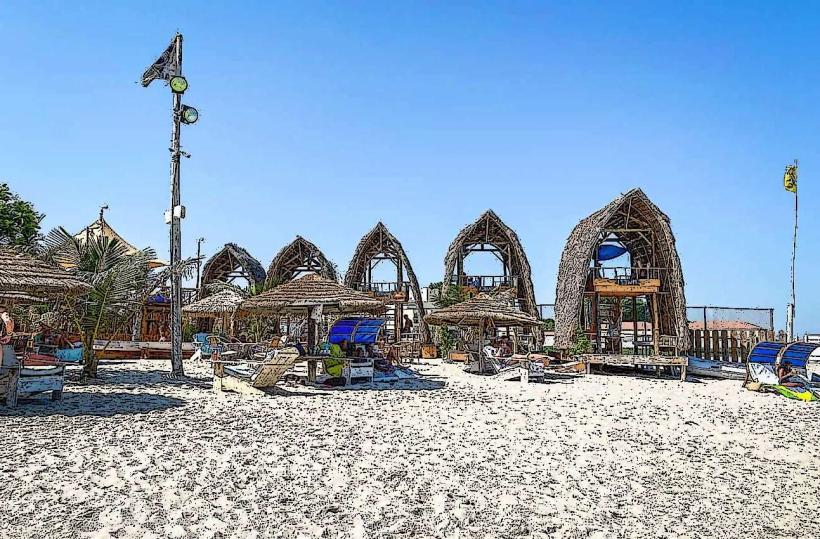Information
City: Umm Al QuwainCountry: United Arab Emirates
Continent: Asia
Umm Al Quwain, United Arab Emirates, Asia
Umm Al Quwain serves as the administrative capital of the least populated emirate in the UAE and functions as a primary center for the nation's traditional fishing and poultry industries. It is situated on the Khor Al Bidiyah peninsula, positioned between Sharjah to the southwest and Ras Al Khaimah to the northeast.
Historical Timeline
The region contains evidence of Neolithic settlements dating to 6000 BCE. The modern independent sheikhdom was established in 1775 by the Al Mualla family of the Al Ali tribe after relocating from Siniyah Island. It operated as a British protectorate within the Trucial States from 1820 until 1971. The most significant architectural reconstruction occurred following the 1926 rainstorm and subsequent mid-20th-century modernization. The 1775 establishment of the Al Mualla dynasty is the primary event that shaped its current political and urban status.
Demographics & Population
The 2026 estimated population for the emirate is approximately 52,000 residents. The demographic composition is approximately 33% Emirati nationals and 67% expatriates, primarily from India, Pakistan, and the Philippines. The median age of the population is 32 years.
Urban Layout & Key Districts
The city is organized on a narrow peninsula extending into the Gulf. Al Rass (Old Town) is located at the northern tip, containing the historic port and heritage sites. Al Salamah is the primary modern residential district situated further inland. The Emirates Modern Industrial Area serves as the commercial hub located near the E11 highway.
Top City Landmarks
Umm Al Quwain Fort and Museum (Al Rass)
Siniyah Island (Offshore mangrove reserve)
Al-Dour Archaeological Site (Near E11)
Dreamland Aqua Park (Coastal highway)
UAQ Marine Club (Khor Al Bidiyah)
Transportation Network
Internal movement relies heavily on private vehicles and the local taxi fleet, which are silver with yellow roof signs. There is no metro or tram system. Public buses are limited, focusing on inter-emirate routes to Dubai and Sharjah. Uber and Careem have minimal presence; manual taxi hailing or telephone booking is standard. Traffic density is very low compared to neighboring emirates.
Safety & "Red Zones"
Umm Al Quwain is considered one of the safest cities in the UAE with negligible crime rates. There are no designated "red zones." Common scams are rare and typically limited to digital phishing or phone fraud. Visitors must adhere to strict federal laws regarding the photography of government buildings and military sites.
Digital & Financial Infrastructure
Average fixed internet speeds range from 100 to 200 Mbps. Main mobile carriers are Etisalat (e&) and Du. Card acceptance is high in supermarkets and hotels but lower in traditional fish markets and small shops in Al Rass. ATMs are widely available in the Al Salamah and Mall of UAQ areas.
Climate & Air Quality
Temperatures range from 14°C to 24°C in winter and 30°C to 45°C in summer. Air quality is generally high due to the lack of heavy industrial density and constant sea breezes. The primary weather risks are extreme humidity in August and occasional sandstorms during the spring Shamal winds.
Culture & Social Norms
The social environment is the most conservative among the coastal emirates. Tipping of 10% is common in restaurants. Handshakes are the standard greeting. Dress code is strictly modest; shoulders and knees must be covered in all public areas. Alcohol is restricted to a small number of licensed beach resorts and specialized retail outlets.
Accommodation Zones
Umm Al Quwain Marina: Stay here for modern amenities, restaurant access, and proximity to the mangrove beaches.
Al Salamah: Stay here for logistical convenience near the E11 highway and residential services.
Local Cost Index
1 Espresso: 18 AED ($4.90)
1 Standard Lunch: 35 AED ($9.50)
1 Internal Bus Ticket: 5 AED ($1.35)
Nearby Day Trips
Al Zorah Nature Reserve (Ajman): 15 km (15 minutes)
Ras Al Khaimah (Jebel Jais): 80 km (1 hour)
Sharjah Heritage Area: 35 km (35 minutes)
Falaj Al Mualla (Inland Oasis): 50 km (45 minutes)
Facts & Legends
A prominent local legend involves "Bu Darya," a mischievous sea demon feared by pearl divers, said to lure sailors to their doom by mimicking the cries of distressed mariners. A verified historical oddity is that Umm Al Quwain was the site of the UAE's first poultry farm, established in the Falaj Al Mualla enclave, which remains a critical supplier for the country's food security.

